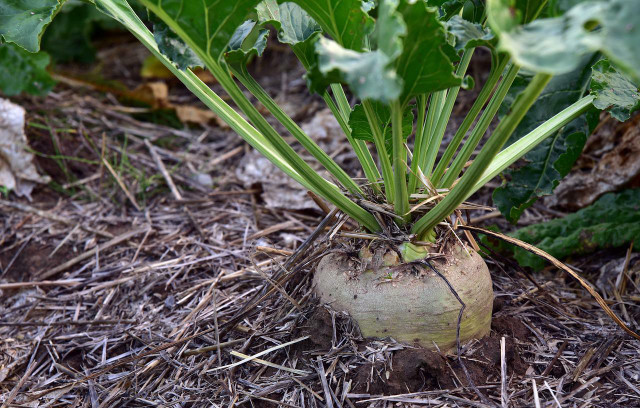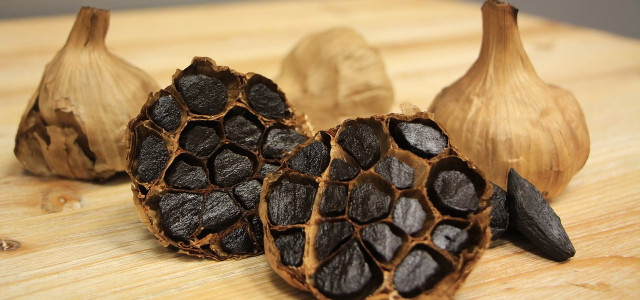Lactic acid is a substance naturally found in fermented foods, but does that make it vegan? Here’s how to tell when lactic acid is vegan.
What Is Lactic Acid?
Lactic acid is a byproduct of the bacterial fermentation of sugar, which means bacteria naturally produce it during the fermentation process. A variety of bacteria cultures generate lactic acid, such as Lactobacillus, Streptococcus and Enterococcus.
Lactic acid is often added to foods as a preservative, curing and pickling agent or pH regulator. Common foods like pickled vegetables, jams, cheese and other dairy products, and beer and wine all contain lactic acid. Whether lactic acid is vegan depends on what product was fermented to create it.
Is Lactic Acid Vegan?



(Foto: CC0 / Pixabay / ulleo)
Most lactic acid is a product of either beet sugar or corn starch fermentation, which is vegan. So while lactic acid is usually vegan, it is not always the case. Sometimes the source of lactic acid contains dairy or meat products. For example, some lactic acid comes from bacteria feeding on lactose, a sugar found in dairy products. Despite coming from an animal product, there are no traces of animal product left by the time the lactic acid is in its final form. Although it may no longer contain animal products, it still counts as being made from animal products. That said, most lactic acid does come from vegan sources.
Which Plant-Based Foods Contain Lactic Acid?



(Foto: Colourbox.de)
A number of plant-based foods contain lactic acid. These include:
- Kimchi
- Beer
- Sauerkraut
- Sourdough bread
- Miso
- Picked vegetables
You can also ferment vegetables at home. Some popular vegetables to ferment are:
Read on:
- Sauerkraut Juice: Uses, Benefits, and Side Effects
- How to Make Sour Milk: Buttermilk Substitute + Vegan Version
- 5 Best Vegan Egg Substitutes for Pancakes
Do you like this post?







